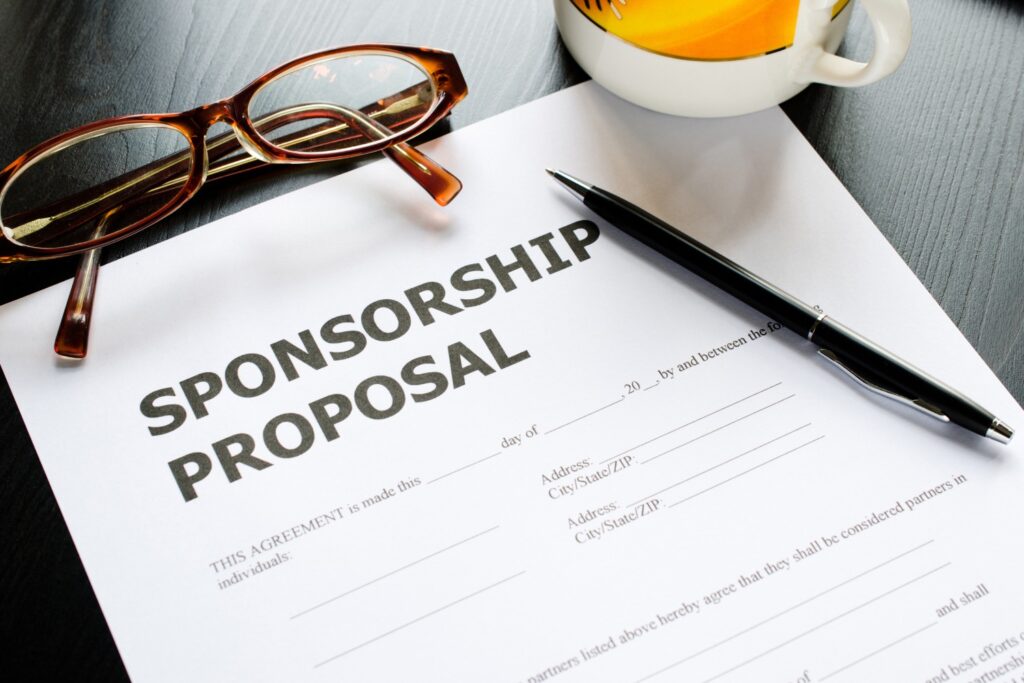Spousal Sponsorship
The Spousal Sponsorship application process is a daunting and time consuming task. It is very administrative for the most part, but can also be overwhelming and challenging should a case not be straight-forward (previous marriages, arranged marriages, marriages less than 2 years, children from previous marriages, common-law relationships) . Typical spousal applications are between 120 – 150 pages, after including all government forms and accompanying evidentiary documents. If documents are required to be translated, it can be as many as 200 pages.
The Canadian government has become increasingly more strict when reviewing applications and granting approvals. There has been a growing number of fraudulent applications from people who are using the Spousal Sponsorship application process to obtain permanent residence illegally. This has made it much more challenging to prepare a strong application that will be approved without issues. Often, when individuals attempt to apply on their own, the application is weak and the visa officer is not convinced of the genuineness of the relationship. They will either request an interview for both people, issue a procedural fairness letter requesting more evidence with further explanation, or an outright refusal. Approximately 40% of the clients our firm retains is after a refusal when they apply on their own.
What if my Sponsorship application is refused?
Inland Spousal Sponsorship applications are not eligible for an appeal; individuals will need to re-apply. Outland Spousal Sponsorship applications are eligible, and an appeal must be filed within 30 days of receiving the refusal letter, otherwise the decision will be upheld. If you have been refused, our firm can help you file an appeal at the AICS and our most Senior Lawyer can provide representation.
Why did my Spousal application get refused?
The IRCC is largely to blame for the large number of refusals. The IRCC post forms online with instructions on the process, giving the impression that the process is easy and can be done by yourself. Only after starting the process on your own and having the application returned or refused, will a person understand the complexity involved. If an application is returned for using outdated forms, or for being incomplete, it will delay the process by 2 to 3 months. If an application is refused, PR will not be granted for over 2 years. If the application was an Outland application, and your spouse comes from a non visa-exempt country which requires a TRV visa to travel to Canada, they will not be able to travel to Canada for a minimum of 2 years, unless they already have a TRV visa. After a refused spousal application, the IRCC will not approve a TRV visa.
Individuals should consider retaining a lawyer to help with the application process, as there are many advantages. When choosing a law firm to retain, there are 3 major considerations and criteria an individual must factor in when making a decision.
1. Unfavorable Outcomes:
– Application is returned
– In-person Interviews
– Fairness Letter
– Refusal Letter
2. Proving Genuineness of a relationship.
Some criteria that the IRCC takes into consideration to check genuineness of applications when accessing:
– Compatibility of couple
– Co-habitation
– Length of relationship
– Differences in religion
– Age Difference
– Difference in Education
– Cultural differences
3. Other Potential Issues.
– Application not linking to online account
– Open Work Permit not issued
– Issues with PCC
– Issues with Divorce records
– Issues with children from other marriage

